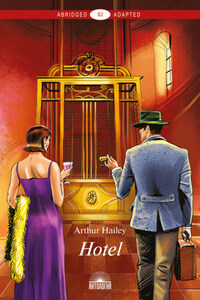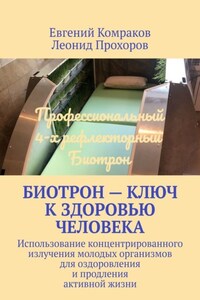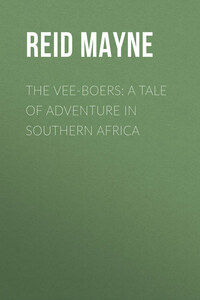Chapter One.
In Want of Water
“Mira! El Cerro Perdido!” (See! The Lost Mountain!)
The man who thus exclaims is seated in a high-peak saddle, on the back of a small sinewy horse. Not alone, as may be deduced from his words; instead, in company with other men on horseback, quite a score of them. There are several wagons, too; large cumbrous vehicles, each with a team of eight mules attached. Other mules, pack animals, form an atajo or train, which extends in a long line rearward, and back beyond this a drove of cattle in charge of two or three drovers – these mounted, as a matter of course.
The place is in the middle of a vast plain, one of the llanos of Sonora, near the northern frontier of this sparsely inhabited state. And the men themselves, or most of them, are miners, as might be told by certain peculiarities of costume, further evinced by a paraphernalia of mining tools and machinery seen under the canvas tilts of the wagons. There are women seen there too, with children of both sexes and every age; for it is a complete mining establishment on the move from a veta, worn out and abandoned, to one late discovered and still unworked.
Save two of the party all are Mexicans though not of like race. Among them may be noted every shade of complexion, from the ruddy white of the Biscayan Spaniard to the copper-brown of the aboriginal, many being pure-blooded Opata Indians, one of the tribes called mansos (tamed). Distinctive points of dress also, both as to quality and cut, denote difference in rank and calling. There are miners pur sang– these in the majority; teamsters who drive the wagons; arrieros and mozos of the mule train; vaqueros with the cattle; and several others, male and female, whose garb and manner proclaim them household servants.
The man who has called out differs from all the rest in costume as in calling, for he is a gambusino, or professional gold-seeker. A successful one, too; since he it is who discovered the veta above spoken of, in the Great Sonora Desert, near the border-line of Arizona. “Denounced” it as well – that is, made declaration and registration of the discovery, which, by Mexican law, makes the mine his own, with exclusive right of working it. But he is not its owner now. Without sufficient means to undertake the exploitation, he has transferred his interest to those who can – Villanueva and Tresillian, a wealthy mining firm, long established near the town of Arispe, with all their employés and a complete apparatus for excavating, crushing, and amalgamating – furniture and household gods added – are en route for the new-found lode, with high hopes it may prove a “bonanza.” It is their caravan that is halted on the plain, for to halt it has come at a hail from the gambusino himself, acting as its guide.
He is some distance in advance of the wagons with two other horsemen, to whom his speech is particularly addressed. For they are the chiefs of the caravan – the masters and partners of the mining company composing it. One of them, somewhat over middle age, is Don Estevan Villanueva, a born Mexican, but with features of pure Spanish type, from his Andalusian ancestry. He is somewhat the senior of the two, and senior partner of the firm, the junior being Robert Tresillian, an Englishman, and native of Cornwall.
Up to that moment there had been anxiety on the countenances of both, as on those of their followers, indeed more, a look of gravest apprehension. Its cause is apparent; a glance along the line of animals – ridden horses as well as draught and pack-mules – clearly proclaiming it. All show signs of distress, by sides hollowed in, necks outstretched and drooping, eyes deep down in their sockets, and tongues protruding from lips that look hot and dry. No wonder! For three days they have not tasted water; and the scant herbage of the plains, on which they have been depasturing, is without a particle of moisture. It has been a season of drought all over Sonora, not a drop of rain having fallen for months, and every stream, spring, and pool along their route dried up. Little strange, then, the animals looking distressed, and no more that the minds of the men are filled with gloomy fears as to what might be before them. Another three days, and it may be death to most, if not all.
Just in like proportion are their spirits uplifted on hearing the exclamation of the gambusino. Well know they what it means – good grass and abundance of water. All along has he been telling them of this, picturing the “Lost Mountain,” or, rather, a spot by its base, as a very Paradise of a camping-place. No want of water there, he has said, however dry the season or long-continued the drought; no fear of animals being famished, since not only is there a spring and running stream, but a lake, surrounded by a belt of meadow-like land, with grass thick, succulent, and green as emeralds.
“You’re sure it’s the Cerro Perdido?”
It is Don Estevan who thus doubtingly interrogates, his eyes fixed on a solitary eminence seen afar over the plain.














